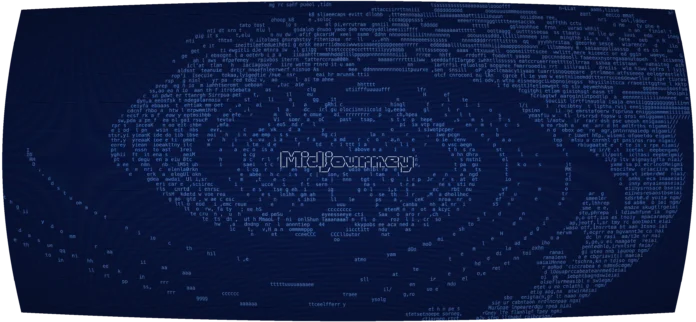Given two arrays such that the first array contains multiples of an integer n which are less than or equal to k and similarly, the second array contains multiples of an integer m which are less than or equal to k.
The task is to find the number of common elements between the arrays.
Examples:
Input :n=2 m=3 k=9
Output : 1
First array would be = [ 2, 4, 6, 8 ]
Second array would be = [ 3, 6, 9 ]
6 is the only common element
Input :n=1 m=2 k=5
Output : 2
Approach :
Find the LCM of n and m .As LCM is the least common multiple of n and m, all the multiples of LCM would be common in both the arrays. The number of multiples of LCM which are less than or equal to k would be equal to k/(LCM(m, n)).
To find the LCM first calculate the GCD of two numbers using the Euclidean algorithm and lcm of n, m is n*m/gcd(n, m).
Below is the implementation of the above approach:
C++
// C++ implementation of the above approach#include <bits/stdc++.h>using namespace std;// Recursive function to find// gcd using euclidean algorithmint gcd(int a, int b){ if (a == 0) return b; return gcd(b % a, a);}// Function to find lcm// of two numbers using gcdint lcm(int n, int m){ return (n * m) / gcd(n, m);}// Driver codeint main(){ int n = 2, m = 3, k = 5; cout << k / lcm(n, m) << endl; return 0;} |
Java
// Java implementation of the above approachimport java.util.*;import java.lang.*;import java.io.*;class GFG{// Recursive function to find // gcd using euclidean algorithm static int gcd(int a, int b) { if (a == 0) return b; return gcd(b % a, a); } // Function to find lcm // of two numbers using gcd static int lcm(int n, int m) { return (n * m) / gcd(n, m); } // Driver code public static void main(String[] args) { int n = 2, m = 3, k = 5; System.out.print( k / lcm(n, m));} }// This code is contributed by mohit kumar 29 |
Python3
# Python3 implementation of the above approach # Recursive function to find # gcd using euclidean algorithm def gcd(a, b) : if (a == 0) : return b; return gcd(b % a, a); # Function to find lcm # of two numbers using gcd def lcm(n, m) : return (n * m) // gcd(n, m); # Driver code if __name__ == "__main__" : n = 2; m = 3; k = 5; print(k // lcm(n, m)); # This code is contributed by AnkitRai01 |
C#
// C# implementation of the above approachusing System; class GFG{// Recursive function to find // gcd using euclidean algorithm static int gcd(int a, int b) { if (a == 0) return b; return gcd(b % a, a); } // Function to find lcm // of two numbers using gcd static int lcm(int n, int m) { return (n * m) / gcd(n, m); } // Driver code public static void Main(String[] args) { int n = 2, m = 3, k = 5; Console.WriteLine( k / lcm(n, m));} }// This code is contributed by Princi Singh |
Javascript
<script>// javascript implementation of the above approach// Recursive function to find // gcd using euclidean algorithm function gcd(a, b) { if (a == 0) return b; return gcd(b % a, a); } // Function to find lcm // of two numbers using gcd function lcm(n, m) { return (n * m) / gcd(n, m); } // Driver code var n = 2, m = 3, k = 5; document.write( parseInt(k / lcm(n, m)));// This code is contributed by Amit Katiyar </script> |
0
Time Complexity : O(log(min(n,m)))
Auxiliary Space: O(log(min(n, m)))
Ready to dive in? Explore our Free Demo Content and join our DSA course, trusted by over 100,000 neveropen!


… [Trackback]
[…] Find More Info here on that Topic: geeksforgeeks.org/count-common-elements-in-two-arrays-containing-multiples-of-n-and-m/ […]